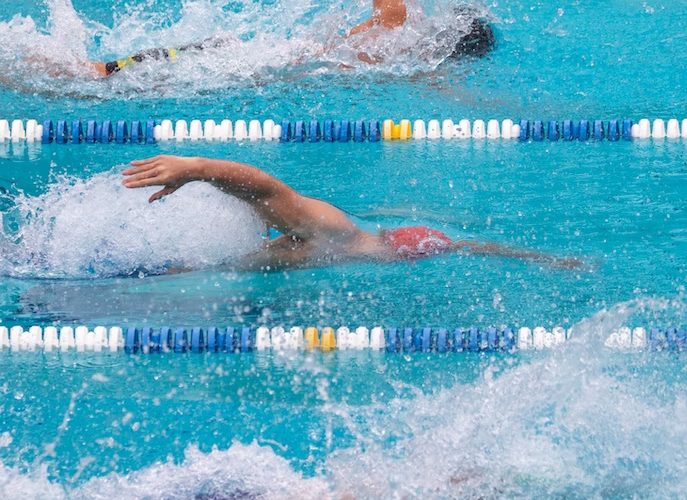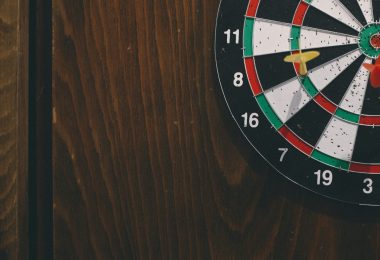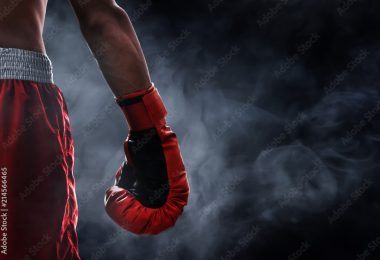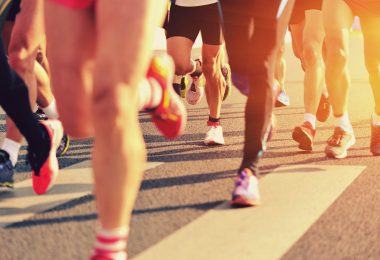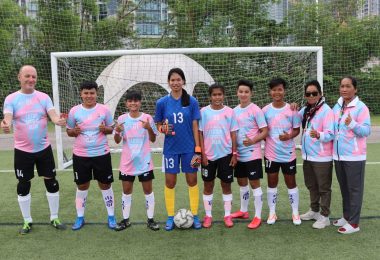A month ago, with rhetoric similar to that of World Aquatics and World Athletes, Union Cycliste Internationale (UCI)—the governing body of cycling—followed a growing trend of trans exclusion. They banned trans women who have transitioned after “male” puberty from participating in women’s events. To mitigate the exclusion of this transgender policy, UCI became the second sports federation (preceded by British Triathlon, and soon followed by World Aquatics) to rename the Men’s category as “Open.” This change aspired to the guiding principle of “inclusion” set forth by the International Olympic Committee (IOC).
An “Open” category encompasses “athletes who do not meet the conditions for participation in women’s events,” according to UCI President David Lappartient.
If we uphold the principle that “sports is for everyone,” and that “fairness” must always take precedence, then an “Open” category counteracts the exclusion of trans and nonbinary athletes, doesn’t it? It seems more sensible to integrate trans and nonbinary folks with cis men, rather than segregating them into a “Transgender” (or however you call it) category, right?
So, why would an “Open” category be harmful to trans and nonbinary athletes?
Close examination of official statements from these governing bodies reveals a deliberate effort to enforce binary division between “fairness” and “inclusion.” Reiterating many conservative talking points, these guidelines presume that trans inclusivity is inherently opposed to fairness. Their reasoning seems to be: fairness requires that sexed categories—male and female—be determined by physiology, distinct from gender identity. Inclusivity, on the other hand, entails allowing trans and gender expansive people the opportunity to compete (notice that these federations never mention “equal” opportunities). By framing gender identity as a cultural construct and sex as biologically determined, the fairness-versus-inclusion divide is a sex-versus-gender divide is a biology-versus-culture divide. These divisions are harmful precisely because they obscure and reinforce the presence of patriarchy in sports—a societal structure where men dominate and suppress women.
By asserting that sex-biology-fairness outweighs gender-culture-inclusion, sports governing bodies overtly advocate for stricter regulations in the women’s category by banning trans women who have experienced “male” puberty. This action is based on the unscientific belief that such puberty is physiologically beneficial for all trans women in all sports, under the pretext of protecting (cis)women’s sports. Forcing all trans and nonbinary athletes into an “Open” category reinforces the notion that biologically and genetically determined men are superior to (cisgender) women.
The selective celebration of some genetic compositions over others hinges on whether these physiological advantages undermine the male-dominant structure in sports. Consider Michael Phelps’ notably wide wingspan and low lactic acid production, deemed “innate gifts” because he is a cis man excelling in the men’s category. Meanwhile, Lia Thomas’ transgender identity garners criticism for allegedly exploiting her “male” physiological advantages when competing against cis women swimmers. Through this view, “men” can be physiologically exceptional while “women” must fall within strictly regulated standards.
Championing the superiority of “male” genetic makeup also conceals the intricate interplay between physiology and environmental influences in sports. Even the most gifted athletes in the world cannot achieve success without adequate access to training, nutrition, and equipment tailored to their sport. The pervasive presumption that cisgender boys are more athletic than cisgender girls leaves girls with far fewer opportunities and resources to fall in love with sports. This does not even begin to address socioeconomic inequities, through which some children have access to personal trainers and elite clubs while others do not even have time for extracurricular activities. Given that competition is inherently shaped by cultural, economic, and political factors, fair play has never existed.
Creating an “Open” sports category is a superficial gesture of inclusivity, which compels trans and nonbinary athletes to compete alongside cis men and segregates them from the “protected” female category. This act presumes that (cis) women are always in need of protection and surveillance. It ignores the far more pressing gender inequities that deny girls equal opportunities to develop as athletes and it justifies the control and regulation of women’s bodies. If the “Open” sports category fails to rectify both fairness and inclusion in sports, what alternative options exist? How can we imagine better sports categories that fully acknowledge the diversity of gender identities and bodily forms?
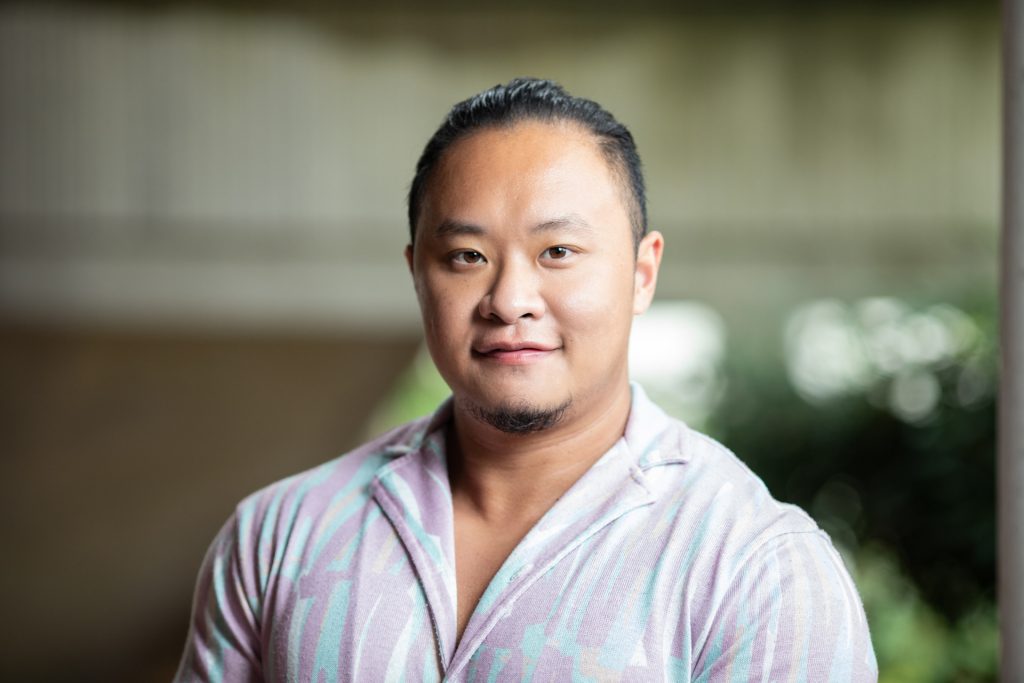
Siufung Law (they/them) comes from Hong Kong, is a TEDx speaker, a nonbinary professional bodybuilder, and Ph.D. student at Emory University. They are a trans activist actively promoting the transgender-only bodybuilding competition in Atlanta, GA, organized by the International Association of Trans Bodybuilders and Powerlifters (IATBP).

